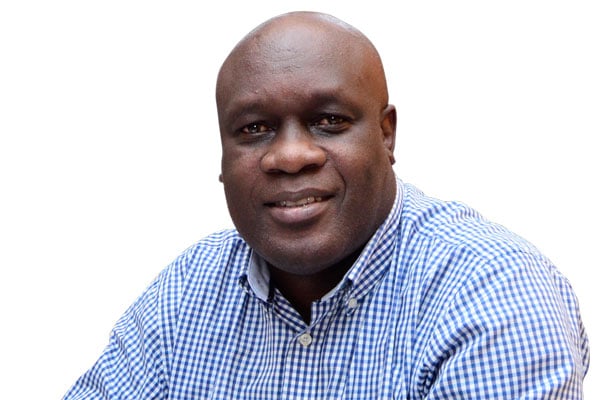Why ‘obituary journalism’ should be one step ahead

Author: Odoobo C. Bichachi is the Nation Media Group (NMG)-Uganda public editor. PHOTO/FILE.
What you need to know:
- An obituary, according to the Oxford English dictionary, is “a notice of a death, especially in a newspaper, typically including a brief biography of the deceased person.”
Following news of the demise of veteran politician Aggrey Siryoyi Awori (may his soul rest in eternal peace) on Monday this week, a reader called me in the evening saying he had read the obituary of the deceased politician on at least three local news websites and found the information, phrasing and flow the same. So, he asked: Who is copying who? Was it written for local or foreign audience?
An obituary, according to the Oxford English dictionary, is “a notice of a death, especially in a newspaper, typically including a brief biography of the deceased person.”
I did go to the websites he mentioned and upon reading largely agreed with him. Clearly the source was the same and the different writers simply picked the information and affixed their byline without domesticating or rephrasing! Unethical!
Well, media houses, like it has happened many times before, were not prepared for this kind of news. Yet they are expected by the public not just to report that a prominent person has died but also to refresh the readers just who this person was and why his/her death matters.
Ideally, media houses, especially in the more resourced societies in the West, prepare obituaries of prominent people many years before. In fact at least two writers of Cuban revolutionary leader Fidel Castro’s obituary died 10 and 15 years before their subject!
A good obituary needs time to tell it well. It needs anecdotes, quotes, peer interviews, etc which cannot be done when news breaks. Thus the time of death is not the time to write an obituary, it is the time to pick it from the file and publish. But our journalism is hugely resource constrained which undermines the quality of our “obituary journalism”.
On Wednesday, another reader called, this time to share his satisfaction with the obituary of Aggrey Awori in Daily Monitor of that day written by political reporter Emma Mutaizibwa and Charles Onyango-Obbo’s column on the deceased politician. The difference between these two and the first ones is that the former had a personal touch while the latter were “internet downloads”.
*****
Readers have your say
David Nsubuga: I am a reader based at Nakifuma. I am unable to get a copy of Daily Monitor for days because only few copies are supplied to the agent and they run out fast. I often have to ride to Ndese, a few kilometres away, if I am to get a copy. Sometimes I miss there too!
Public Editor: Thank you for this feedback. This was shared with the circulation department and shall be addressed.
Kirya Mukasa: I write to respond to your question as to whether Daily Monitor readers enjoy your journalism. I do and it is my favourite newspaper. But why is it that some actors here in Uganda sound seemingly unhappy with this print media’s information delivery role? Lastly KFM is not received in Masaka!
Public Editor: Thanks for your feedback. We strive to make your interface with us enjoyable every day you pick up a copy. As to KFM, the Uganda Communications Commission licensing broadcast range for FM radio is a radius of 100km from transmitter [in Kampala]. Masaka is 130km from Kampala so barring the terrain, it would be difficult to tune in to KFM.
Send your feedback/complaints to
[email protected] or
call/text on +256 776 500725.




